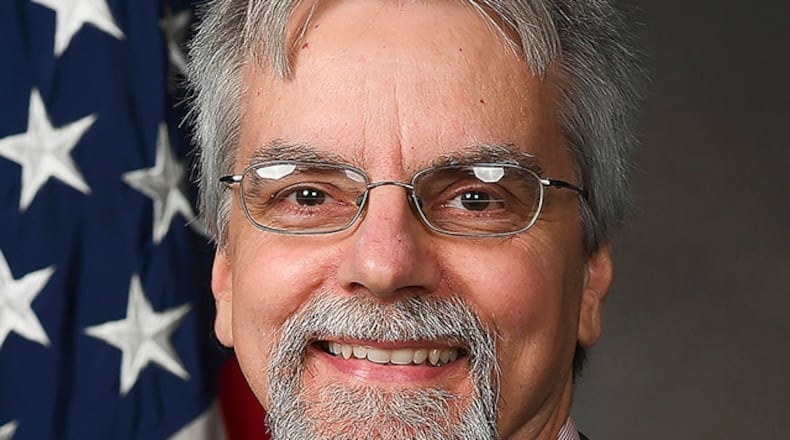Finally, out of exasperation to communicate the message he so clearly understood, but I could not grasp, he jumped into the soil and instantly sank a few inches. Suddenly, I understood that the soil was unsuitable for a foundation. We, the Air Force, needed his expertise and leadership at that moment in time. Minus his leadership, we would have placed a foundation on that unsuitable soil. That would have failed in short order, creating long-term building issues.
Most of us are experts in the specific field we work in every day. We need that expertise applied so that we all benefit from it, and better yet, we need those experts to lead and impact decisions affected by their area of expertise.
I remember another person from the past, who was a pavements expert. In our internal team meetings, he would say the most profound things, clearly laying out the path we needed to take on pavements. Then we’d hold a decision meeting with multiple parties in the room, and he would not say a word. He was clearly the smartest person in the room on the topic at hand but was unwilling to lead the conversation.
One time, I forced him by asking questions until I heard him publicly state what he had stated in the internal meetings, which led to the quick resolution of multiple issues. (And he didn’t speak to me for weeks.)
So I’ve given two quick examples, one of a subcontractor who had something to lose and yet led, and one of a shy government employee who chose not to lead. They were both experts, and one chose to give us the full benefit of his expertise, while the other did not.
I go out in the field with my troops a couple of times a month to interact with them. Every time, I am amazed at the levels of knowledge they have along with the expertise required to perform their work. There is precious little of what they do that I am capable of doing.
We need their expertise to accomplish the Air Force mission; and we need to encourage them to lead and make decisions that impact what we do. That will take us from an ordinary to a great organization – we’ll get the full impact of their expertise.
We’ve all been reading about the difference between the Ukrainian and Russian armies. The Ukrainians allow junior leaders to make on-the-spot decisions versus the Russians making all decisions at senior levels.
Senior leaders need to make the strategic decisions, after getting input from their team. The tactical everyday decisions need to be made by leaders at lower levels, which is to say whoever the expert in the specific area is, regardless of their rank or position.
The more we apply our people’s expertise, the better we will be. We always say our people are our most important asset – do our actions back that up?
Our people are much closer to the customer and understand the customer requirements better than we do. We’d be wise to listen to our people, and better yet allow them to make the decisions outright. There has always been a symbiotic relationship between the people and leaders; they both need each other, and we all need to serve one another.
I want to talk about one more thing – the appeal to the heart. When we let our people freely express their thoughts and debate positions, giving them the authority to make decisions, the unit ends up with better decisions. But more importantly our people get more job satisfaction and pride, plus we enhance unit morale and cohesion. We clearly demonstrate we value their opinions and trust their judgement; that our people are number one.
About the Author
